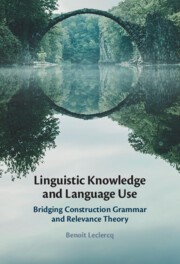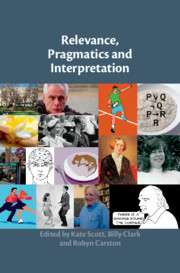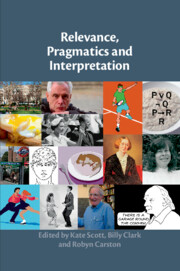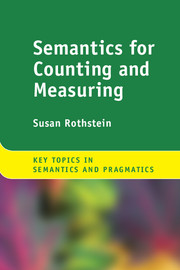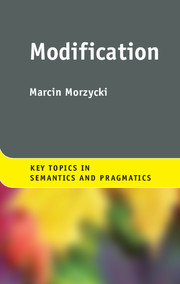Linguistic Knowledge and Language Use
One of the key challenges in linguistics is to account for the link between linguistic knowledge and our use of language in a way that is both descriptively accurate and cognitively plausible. This pioneering book addresses these challenges by combining insights from Construction Grammar and Relevance Theory, two influential approaches which until now have been considered incompatible. After a clear and detailed presentation of both theories, the author demonstrates that their integration is possible, and explains why this integration is necessary, in order to understand exactly how meaning comes about. A new theoretical model is offered that provides ground-breaking insights into the semantics-pragmatic interface, and addresses a variety of topics including the nature of lexical and grammatical concepts, procedural meaning, coercion and idiom processing. This title is part of the Flip it Open Programme and may also be available Open Access. Check our website Cambridge Core for details.
- Provides a clear and detailed introduction to Construction Grammar and Relevance Theory
- Offers critical discussions of key concepts against the background of the other theory
- Introduces a new theoretical model that naturally emerges from the integration of the two approaches
Reviews & endorsements
'Benoît Leclercq orchestrates an intellectually stimulating dialogue between two otherwise non-speaking parties, showcasing how combined insights of construction grammarians and relevance theorists can shed light on the fascinating mechanisms behind meaning creation. Leclercq's masterful discussion of two bodies of literature leads to a new and better understanding of coercion as a process driven by users seeking communicative benefits, of what happens when we recognize an idiom, and more generally of the proper place of pragmatics, conventional or not, in determining the sense of a word in context.' Bert Cappelle, Associate Professor, University of Lille
'This highly original book makes a very significant contribution to understanding of language and how it is used by combining two frameworks which are not usually seen as compatible. It does justice to both approaches, explaining key ideas developed within each and indicating how they developed. It also explores difficulties in combining the approaches and develops original and insightful proposals for overcoming these. It is a must-read for researchers in construction grammar and relevance theory, and for anyone interested in meaning and communication.' Billy Clark, Professor of English Language and Linguistics, Northumbria University
'This is an audacious book and a good read. Starting from a meticulous analysis of both seemingly uncontroversial and clearly incompatible concepts in two theories of cognition, Leclercq tells the story of an alternative model that will undoubtedly have a profound impact on pragmatic theory.' Ilse Depraetere, Professor of English Linguistics, University of Lille
'In this ambitious book, Benoît Leclercq offers a thought-provoking account of how Construction Grammar and Relevance Theory can be aligned and made useful for one another. For anyone interested in the role of pragmatics in constructional approaches to language, this is required reading.' Martin Hilpert, Professor of English Linguistics, Université de Neuchâtel
Product details
November 2023Hardback
9781009273206
233 pages
235 × 159 × 18 mm
0.47kg
Not yet published - available from February 2025
Table of Contents
- 1. Introduction
- 2. Understanding construction grammar and relevance theory
- 3. Re-defining lexical semantics and pragmatics
- 4. Understanding lexemes: the role of the linguistic co-text
- 5. Conclusion.

